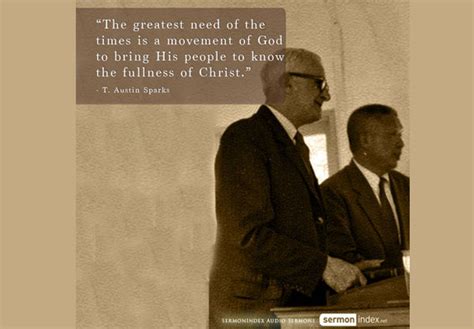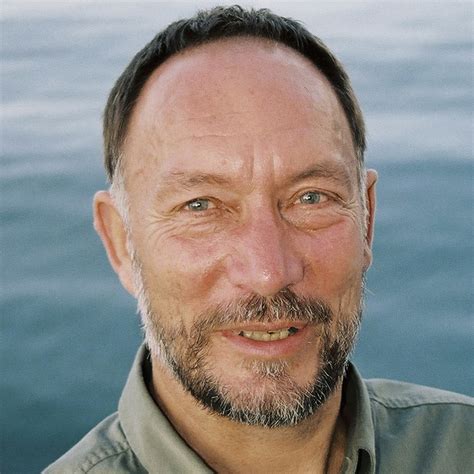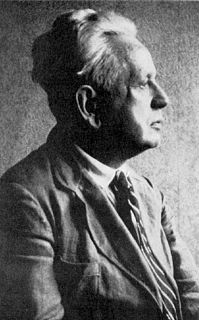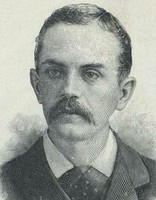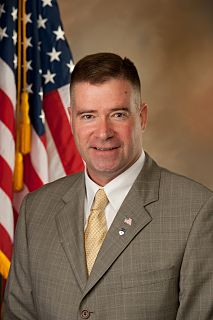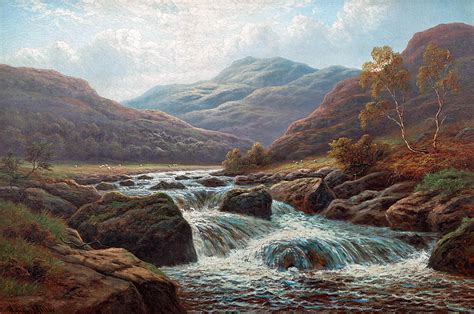A Quote by Claude Bernard
Related Quotes
I conclude that, while it is true that science cannot decide questions of value, that is because they cannot be intellectually decided at all, and lie outside the realm of truth and falsehood. Whatever knowledge is attainable, must be attained by scientific methods; and what science cannot discover, mankind cannot know.
There is a conceptual depth as well as a purely visual depth. The first is discovered by science; the second is revealed in art. The first aids us in understanding the reasons of things; the second in seeing their forms. In science we try to trace phenomena back to their first causes, and to general laws and principles. In art we are absorbed in their immediate appearance, and we enjoy this appearance to the fullest extent in all its richness and variety. Here we are not concerned with the uniformity of laws but with the multiformity and diversity of intuitions.
It's worth noting that invoking God as the entity who set our universe in motion isn't contradicted by the data. Of course, scientists would say the supreme being hypothesis is faith, and outside the realm of science - that it's not amenable to experiment. But we currently have the same problem with the notion of parallel universes.
It is one thing to say that science is only equipped to test for natural causes and cannot speak to any others. It is quite another to insist that science proves that no other causes could possibly exist. . . . There would be no experimental model for testing the statement: 'No supernatural cause for any natural phenomenon is possible.' It is therefore a philosophical presupposition and not a scientific finding.
Things that live by night live outside the realm of 'normal' time and so suggest living outside the realm of good and evil, since we have moralistic feelings about time. Chauvinistic about our human need to wake by day and sleep by night, we come to associate night dwellers with people up to no good at a time when they have the jump on the rest of us and are defying nature, defying their circadian rhythms.

